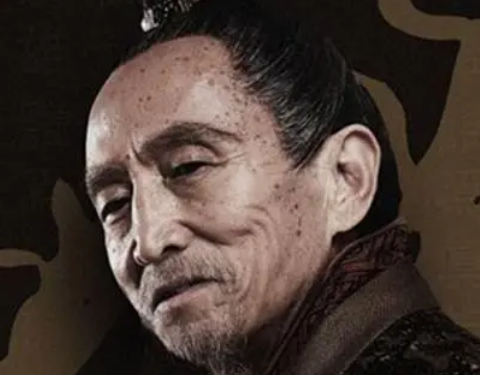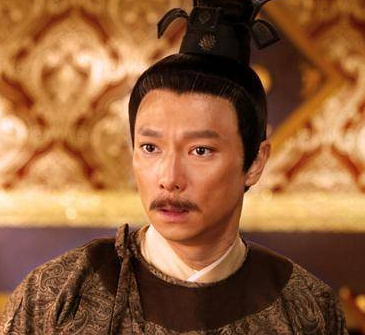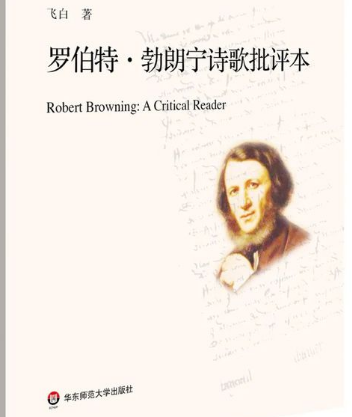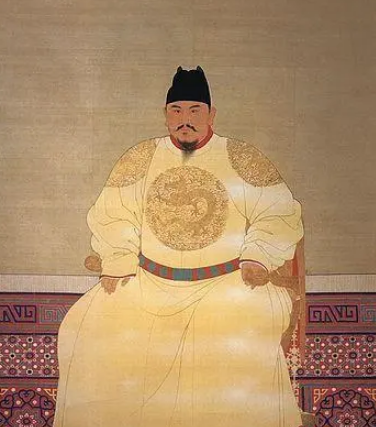In the ancient history of China, Liu Bang, the founder of the Western Han Dynasty, has always been a focal point of discussion among historians and literary figures due to his ruling methods and the way he treated his loyal ministers. During the establishment of the Great Han Empire, Liu Bang heavily relied on the strength of his loyal ministers. However, after consolidating his power, subtle changes occurred in his relationship with these ministers.

According to historical records, Liu Bang did indeed liquidate some of his loyal ministers after seizing power. Among them, the most well-known cases are his treatment of Han Xin, Peng Yue, and Ying Bu. Han Xin, a capable general under Liu Bang, helped him capture the throne with his excellent military skills, but ultimately was accused of having ulterior motives and was demoted, later forced to commit suicide. Peng Yue and Ying Bu also faced similar situations. They had made significant contributions to the establishment of the Han Dynasty, but ultimately were killed by Liu Bang for various reasons.
The reasons behind these actions are multifaceted. Firstly, Liu Bang needed to eliminate potential threats to consolidate his ruling position. In his view, these ministers with military skills and high prestige could pose a threat as future political opponents. Secondly, as time went on, Liu Bang's trust in these ministers gradually diminished, especially when cracks and misunderstandings arose among them. Lastly, the cruelty of political intrigues forced Liu Bang to take extreme measures to ensure his own safety.
However, Liu Bang did not adopt cruel means towards all his loyal ministers. For example, Xiao He and Cao Can were able to enjoy a peaceful ending, possibly because they maintained political alignment with Liu Bang or provided him with firm support at critical moments. This suggests that when dealing with his ministers, Liu Bang did not always resort to violence but rather made decisions based on specific circumstances and personal judgments.
Overall, the number of loyal ministers killed by Liu Bang is not the focus of historical records. More important is how he handled his relationships with these ministers and the political logic behind these actions. Liu Bang's story reminds us that in the game of power, even the closest allies can become adversaries for various reasons. The complexity of history and the contradictions of human nature are profoundly reflected in these stories.
Disclaimer: The above content is sourced from the internet and the copyright belongs to the original author. If there is any infringement of your original copyright, please inform us and we will delete the relevant content as soon as possible.































